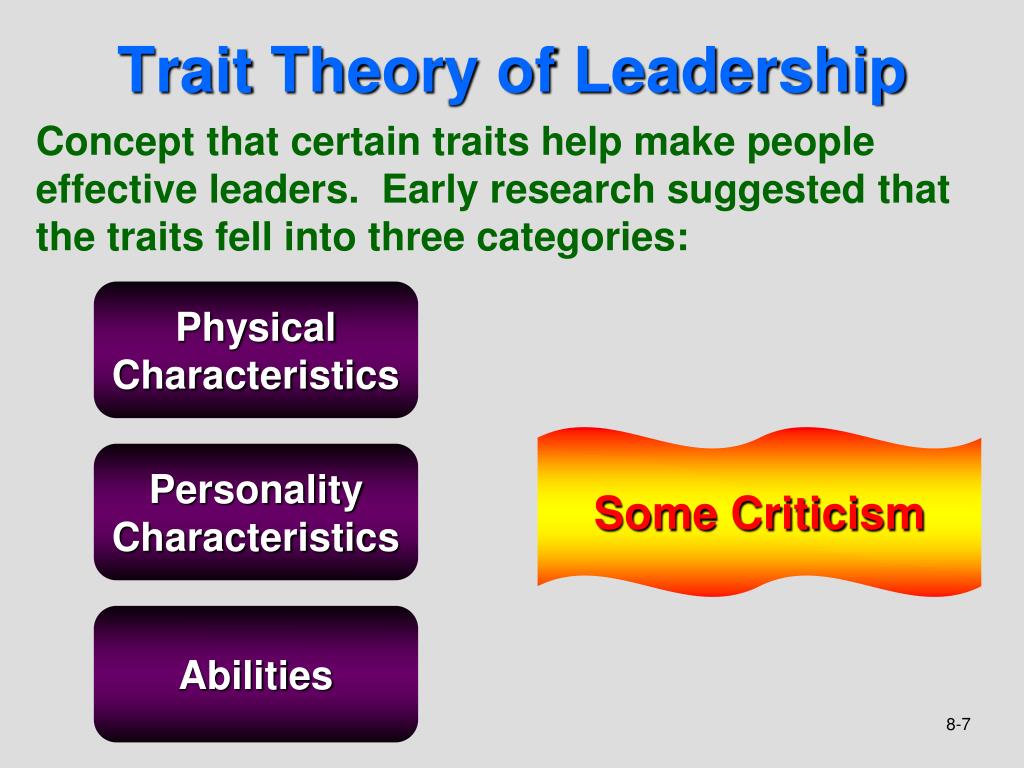


On a naval vessel, the situational approach is applicable in several situations, including the role of work center supervisors (WCS) because “the straightforward nature of situational leadership makes it practical for managers to use” (Northouse, 2001, p.

In the situational approach to leadership, the leader must ascertain the situation and adapt his or her leadership style to fit the prescribed task, understanding that the approach may not necessarily work in a different scenario. Conversely, the supportive behaviors are behaviors “to which a leader is likely to maintain personal relationships between himself and the members of his group (followers) by opening up channels of communication, delegating responsibility and giving subordinates an opportunity to use their potential” (Hersey & Blanchard, 1981, p. Taylor asserts that, “directive behaviour involves one-way communication between leaders and staff, as leaders focus on what should be done, and how, and who should do it” (2007, p. This theory postulates that leadership has a directive and supportive dimension that has application in different situations. Hersey and Blanchard (1996) developed the situational approach to leadership, originally called the life-cycle approach in 1969. Situational Leadership and the Work Center Supervisor This article explores these theories and looks at how they can be applied to pertinent situations on board a naval vessel in an effort to increase leadership effectiveness. The situational approach to leadership.Some of the most tried-and-tested theories include: There are a myriad of leadership theories applicable on a naval vessel and personnel are taught many of them (Reed, Bullis, Collins & Paparone, 2004). The Navy requires leaders to develop their leadership skills continuously in order to prepare them for both their everyday leadership roles and for unique situations. The United States Navy relies on leadership decisions made from admiral to seaman, and as a result, invests heavily in leadership development.Īdmiral Rickover stated, “Subordinates must be given authority and responsibility early in their careers” (1982). On a United States naval vessel, task accomplishment and leadership decisions are vital to personnel survival and mission success (Phillips, 2007).


 0 kommentar(er)
0 kommentar(er)
